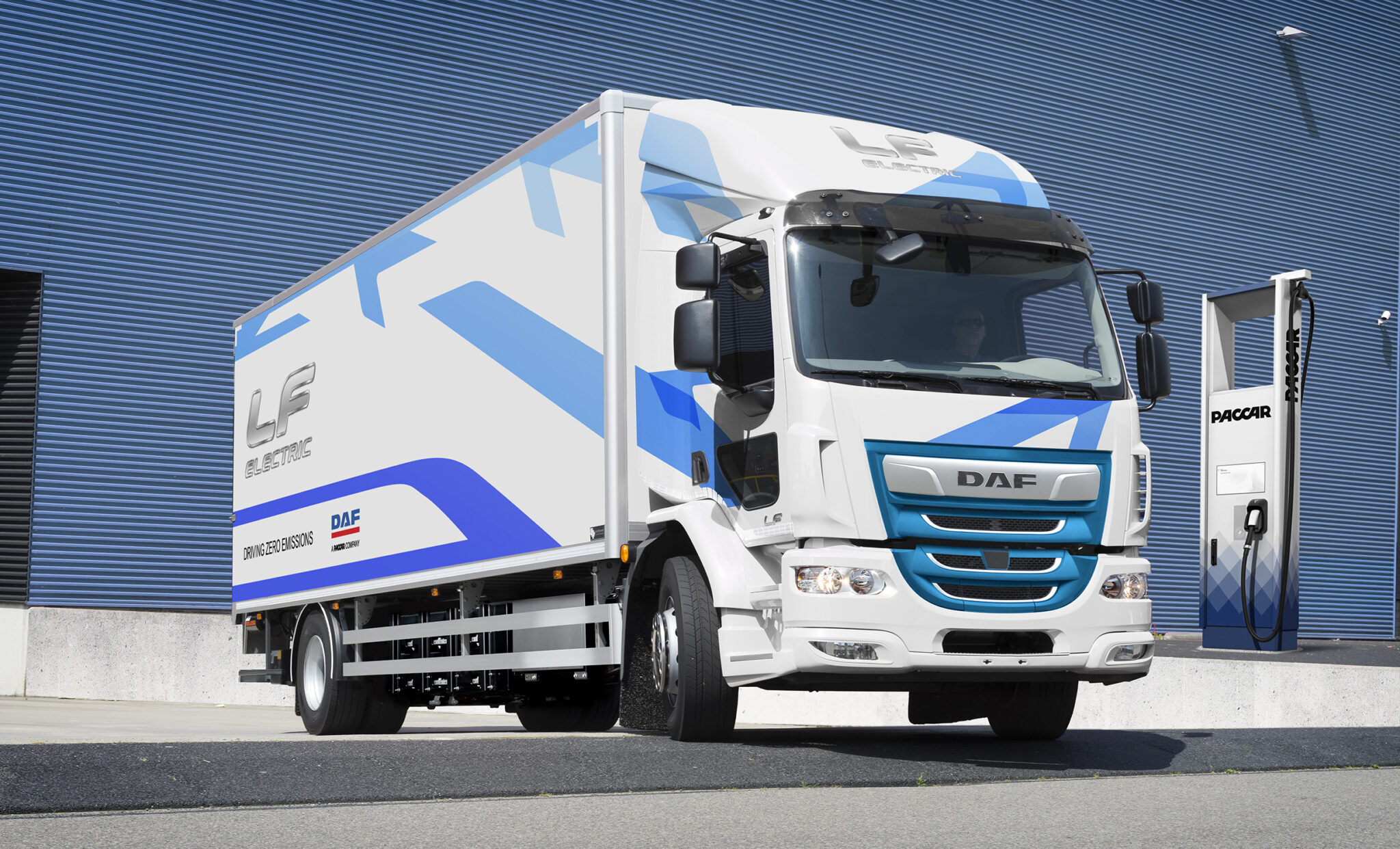Descartes Systems Group, the global leader in uniting logistics-intensive businesses in commerce, unveiled numerous innovations to customers at its 2023 Innovation Forum for Routing, Mobile & Telematics, which expand the capabilities of its routing, mobile and telematics solution suite for fleet operators. New solutions and integrations, in addition to enhancements to existing systems, allow companies to improve the operational performance of their fleets, driver safety and customer engagement.
Innovations include:
• Descartes Fleet Control Tower. New comprehensive performance management solution integrated with existing Descartes route planning and execution solutions.
• Descartes Customer Engagement Platform. Digital self-service solution integrated with Descartes route planning and execution solutions to allow customers on demand access to view delivery updates, book, reschedule or cancel deliveries and to interact with delivery drivers or call centres.
• Proactive driver safety training for Descartes Mobile customers. Seamless integration of microlearning-based driver safety training and tracking platform with Descartes Mobile solution.
• Advanced optimisation for couriers. Enhanced strategic and operational modelling capabilities and optimisation for high delivery volume carriers.
• Hours of service (HOS) status aware optimisation with Geotab electronic logging devices (ELD). Route planning integrated with Geotab ELDs to automatically consider drivers’ hours.
• Artificial intelligence (AI) and machine learning performance improvement and simulation. Significantly more precise machine learning-based recommendations for stop and drive times and ability to simulate the recommended impact on daily operations.
• Advanced for-hire trip and leg optimisation and rating. Improved capabilities for companies that want to manage fleet and commercial transportation through a single transportation management platform.
• Live and historical asset tracking. Ability for fleets to now track assets in their route planning solution, in addition to tracking drivers and deliveries.
• MagicLogic load and cube optimisation integration. More accurate load building through the combination of Descartes route planning solution and Magic Logic.
“We’ve made significant investments to expand the breadth and depth of our existing solutions, brought new solutions to market and integrated important third-party solutions to allow our customers to significantly improve their fleet performance, make drivers safer and better engage customers in the delivery lifecycle,” said Sergio Torres (pictured), Senior Vice President, Product Management at Descartes. “These innovations are part of our vision to provide our customers with comprehensive solutions that allow fleet operators to use digitisation and automation to transform not just fleet performance but positively impact their business more broadly.”
Descartes helps fleet-based companies dramatically improve their productivity, customer experience and safety compliance to not only reduce costs but also to allow them to better compete and minimise risk. From delivery appointment booking to route planning and execution and mobile solutions for drivers and other field workers to digital customer engagement, Descartes solutions give fleet operators the ability manage and optimise and interact with customers during the delivery lifecycle. Descartes fleet performance management, telematics and safety solutions allow fleet managers to understand and optimise their operational and individual driver and vehicle performance, and better train and coach drivers to be safer and more productive. The cloud-based solutions utilise state-of-the-art technologies, such as continuous optimisation, real-time GPS data and systems processing, analytics, AI and machine learning, and can be deployed as a suite or as modules.




